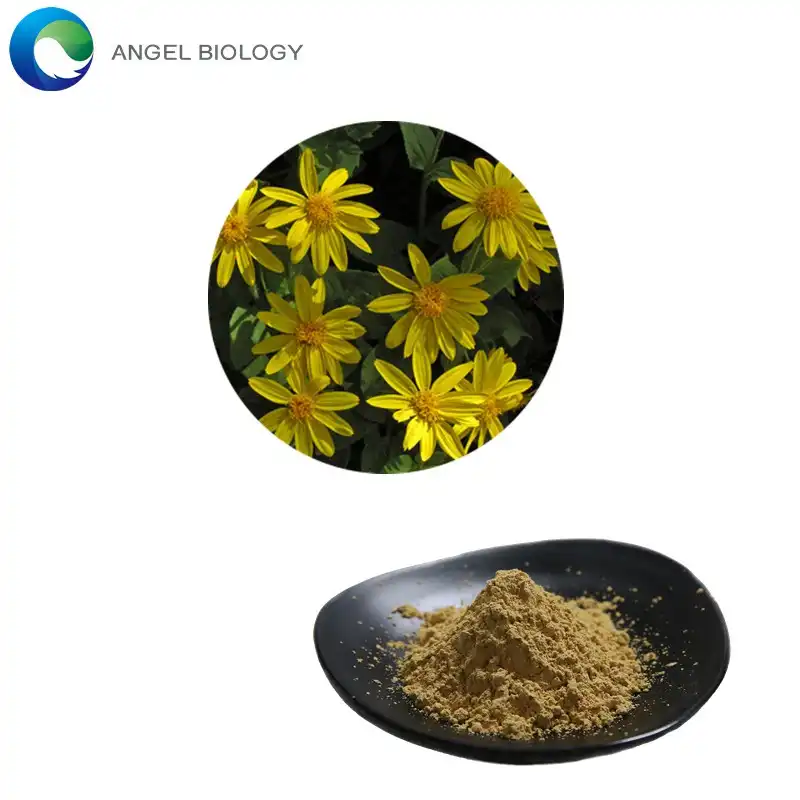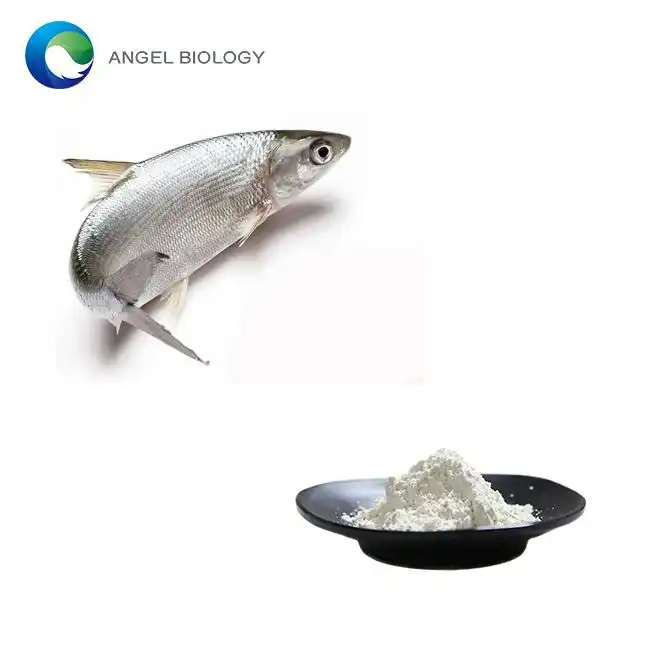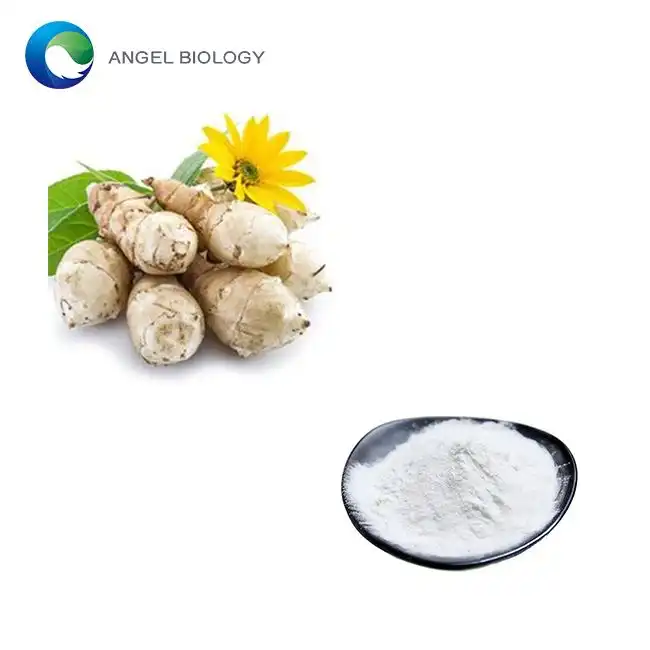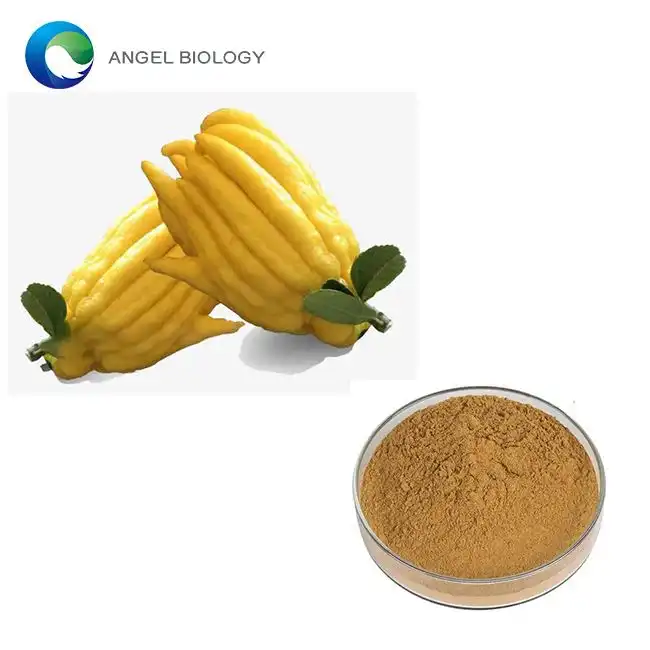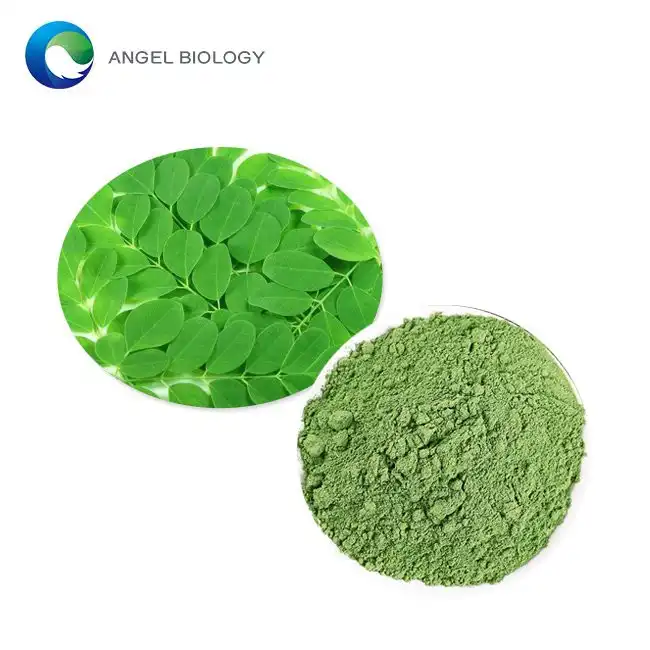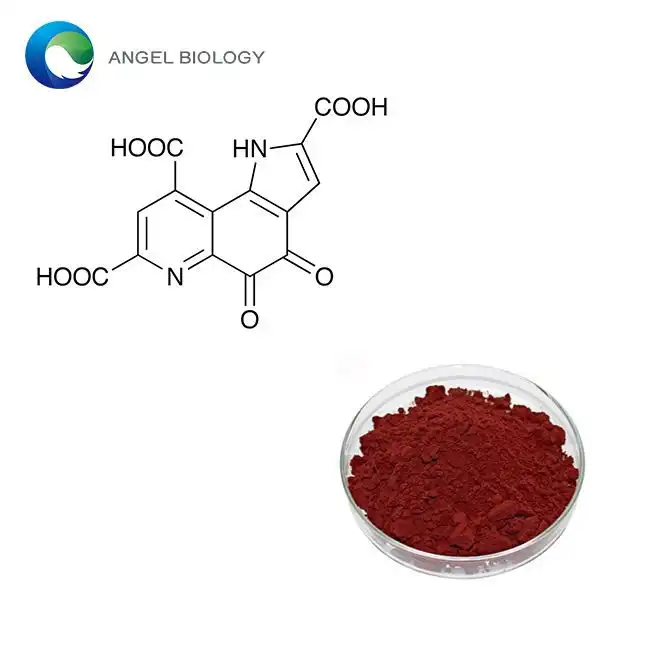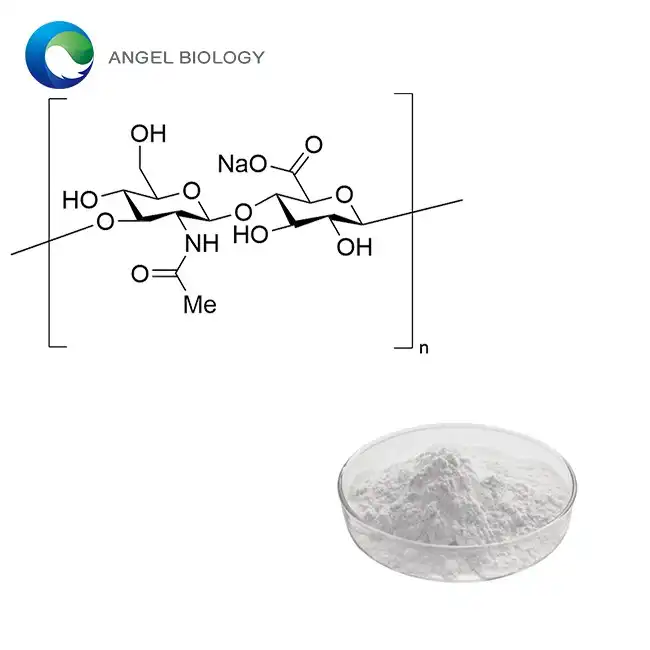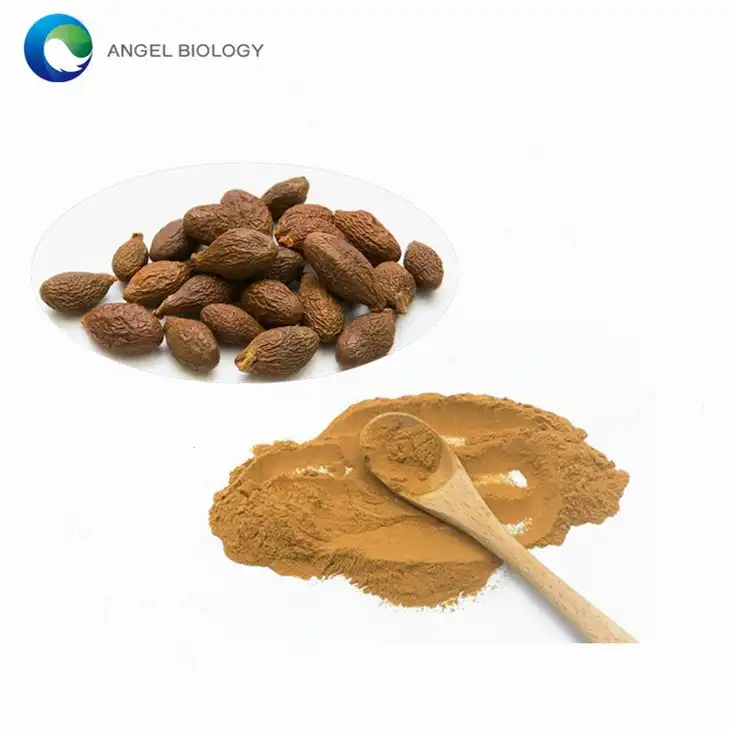Can Hops Flower Extract Powder be Used in Traditional Methods?
Hops Flower Extract Powder has been a treasured botanical ingredient throughout history, serving various purposes in traditional practices around the world. Derived from the female flowers of the hop plant (Humulus lupulus), this concentrated powder form preserves the beneficial compounds found in hops while providing convenience and versatility. As interest in natural remedies continues to grow, many are curious about incorporating Hops Flower Extract Powder into traditional methods that have been practiced for centuries. This blog explores the various traditional applications of Hops Flower Extract Powder, examining its historical uses, preparation methods, and potential benefits.
What Are the Traditional Medicinal Uses of Hops Flower Extract Powder?
Historical Use for Sleep and Relaxation
Hops Flower Extract Powder has been utilized for centuries as a natural sleep aid and relaxant in traditional medicine systems. Dating back to medieval Europe, herbalists recommended hops for its calming properties. The tradition of using hop-filled pillows to promote sleep was common practice in many European households. The sedative effects of Hops Flower Extract Powder are attributed to its natural compounds, particularly methylbutenol, which develops as the hops age. Traditional healers used Hops Flower Extract Powder for treating insomnia, anxiety, and restlessness. The powder form allowed for precise dosing in traditional teas and tinctures, where it was often combined with other calming herbs like valerian, passionflower, or chamomile to enhance its relaxing effects. Modern research has begun to validate these traditional uses, identifying specific compounds in Hops Flower Extract Powder that interact with the central nervous system.
Traditional Digestive Remedies
Hops Flower Extract Powder has played a significant role in traditional digestive remedies across various cultures. The bitter principles in hops were recognized for their ability to stimulate digestive functions and relieve gastrointestinal discomfort. Traditional European herbalists prescribed Hops Flower Extract Powder for conditions like dyspepsia, bloating, and loss of appetite. The powder was typically infused in warm water or incorporated into digestive bitter formulations consumed before meals. In traditional Chinese medicine, similar preparations containing Hops Flower Extract Powder were used to harmonize the stomach. Native American healing traditions also recognized the digestive benefits of hops. The bitter compounds in Hops Flower Extract Powder, including humulone and lupulone, were believed to increase the production of digestive enzymes and bile, thereby improving overall digestive function.
Traditional Women's Health Applications
Hops Flower Extract Powder has a rich history in traditional women's health practices, particularly for hormone-related conditions. Traditional herbalists observed that hop plants contained compounds that exerted effects similar to female hormones. In European folk medicine, preparations containing Hops Flower Extract Powder were commonly recommended for menstrual discomfort, irregular cycles, and symptoms associated with menopause. The traditional application involved brewing the powder into strong teas or creating poultices applied externally. The phytoestrogens present in Hops Flower Extract Powder were traditionally believed to help balance female hormones naturally. Traditional midwives sometimes recommended specific preparations containing Hops Flower Extract Powder to support women during various life transitions.


How Can Hops Flower Extract Powder Be Used in Traditional Brewing Practices?
Ancient Brewing Techniques with Hops
The relationship between hops and brewing dates back thousands of years. Archaeological evidence suggests that various cultures independently discovered the preservative and flavoring benefits of hops in fermented beverages. Traditional brewing methods incorporated hops primarily as whole flowers, but as knowledge advanced, concentrated forms like Hops Flower Extract Powder became valuable for consistent results. Ancient Germanic and Slavic brewing traditions utilized hops for both flavor and preservation. These traditional methods often involved careful timing of when Hops Flower Extract Powder was added during the brewing process – early additions for bittering and preservative qualities, and late additions for aroma and flavor. The antibacterial properties of Hops Flower Extract Powder were particularly valued in traditional brewing, as they naturally extended the shelf life of beer before modern refrigeration existed.
Traditional Herbal Beer Alternatives
Beyond conventional beer, traditional cultures created various herbal beverages using Hops Flower Extract Powder for both enjoyment and medicinal purposes. In medieval Europe, small beer (low-alcohol or non-alcoholic) was commonly brewed using Hops Flower Extract Powder along with various herbs and grains. These beverages were safer than water in many regions and provided nutritional benefits. Traditional healers created special formulations where Hops Flower Extract Powder was combined with herbs like yarrow, mugwort, or dandelion to address specific health concerns. In Scandinavian traditions, similar preparations were consumed during winter months for their warming properties. The precise measurements of Hops Flower Extract Powder allowed traditional brewers to achieve consistent results in these complex herbal formulations. Many of these traditional recipes specified exact timings for adding Hops Flower Extract Powder during the brewing process.
Preservation Methods in Traditional Brewing
Traditional brewing cultures developed sophisticated preservation techniques involving Hops Flower Extract Powder long before understanding the science behind them. The antiseptic properties of Hops Flower Extract Powder made it invaluable for extending the shelf life of fermented beverages in the era before refrigeration. Traditional brewers observed that beers made with proper amounts of Hops Flower Extract Powder remained drinkable longer and resisted spoilage. In medieval monastery brewing, precise records were kept detailing the amount of Hops Flower Extract Powder needed for different seasons and storage conditions. Traditional brewing wisdom included specific ratios of Hops Flower Extract Powder based on factors like ambient temperature, intended storage duration, and the strength of the brew. These traditional preservation methods often involved combining Hops Flower Extract Powder with other natural preservatives like spruce, juniper, or certain spices that worked synergistically.
What Role Does Hops Flower Extract Powder Play in Traditional Herbal Formulations?
Traditional Herbal Sleep Blends
In traditional herbal medicine, sleep formulations containing Hops Flower Extract Powder hold a prominent place in various healing systems. European monastic medicine developed specific sleep preparations where Hops Flower Extract Powder served as a primary ingredient, often combined with lemon balm, lavender, and valerian in precise proportions. Traditional healers would adjust these formulations based on individual constitutions and the specific nature of the sleep disruption. In some traditions, Hops Flower Extract Powder was prepared differently for winter versus summer sleep issues. Traditional Chinese medicine incorporated similar ingredients in formulations designed to calm the shen (spirit) and promote restful sleep. The bitter components in Hops Flower Extract Powder were traditionally believed to help "cool" an overactive mind according to humoral theories of medicine. These traditional sleep blends were often prepared as teas, tinctures, or specialized formulations.
Traditional Bitter Tonics and Digestive Formulas
Bitter tonics and digestive formulas represent one of the most widespread traditional applications for Hops Flower Extract Powder. These preparations were designed to stimulate digestion, increase appetite, and support overall digestive health. Traditional European apothecaries created specialized bitter formulations where Hops Flower Extract Powder was combined with gentian, angelica, artichoke, and other bitter herbs. These traditional digestive preparations were typically consumed before meals to stimulate digestive juices. Traditional Ayurvedic medicine developed similar preparations containing Hops Flower Extract Powder to balance pitta and support healthy digestion. Traditional healers observed that these bitter preparations containing Hops Flower Extract Powder seemed particularly beneficial for conditions characterized by sluggish digestion, bloating after meals, or diminished appetite.
that these bitter preparations containing Hops Flower Extract Powder seemed particularly beneficial for conditions characterized by sluggish digestion, bloating after meals, or diminished appetite.
Traditional Topical Applications and Poultices
Beyond internal applications, traditional healing systems utilized Hops Flower Extract Powder in various external preparations. European folk medicine traditions documented the use of hop-infused preparations for addressing conditions like inflammation, minor wounds, and skin irritations. These traditional applications utilized the antimicrobial and anti-inflammatory properties of Hops Flower Extract Powder. Traditional healers created specialized poultices by combining Hops Flower Extract Powder with specific carriers like clay, honey, or oils. In some traditional practices, Hops Flower Extract Powder was used in warm compresses applied to painful joints or muscles to provide relief. The standardized potency of Hops Flower Extract Powder allowed for consistent preparation of these traditional topical remedies, which were often made in small batches for immediate use or preserved for longer storage.
Conclusion
Hops Flower Extract Powder demonstrates remarkable versatility in traditional methods across medicinal, brewing, and herbal applications. Its historical use spans centuries, offering natural solutions for sleep, digestion, women's health, and brewing preservation. Today's research continues to validate what traditional healers observed empirically. Whether incorporated into herbal formulations, brewing practices, or topical applications, this botanical extract carries forward ancient wisdom while benefiting from modern extraction techniques that enhance its potency and consistency.
Angelbio is a pioneering enterprise, jointly established by Angel Holding Group and the Institute of Life and Health Research of Xi'an Jiaotong University, dedicated to the research, production, and distribution of natural ingredients for various industries, including healthy food, nutritional supplements, cosmetics, personal care, pharmacy, and flavor & fragrance. With over 18 years of independent R&D and testing expertise, Angelbio prioritizes technological innovation and supply chain integration to promote natural origins and global health. Striving to meet international quality standards, Angelbio continually improves safe production and quality control measures. Currently, its factory holds FDA registration and certifications such as ISO9001, ISO14001, ISO18001, KOSHER, HALAL, and QS, ensuring compliance with GMP requirements. Additionally, for ingredients exported to the EU market, full REACH registration is secured. Angelbio's purpose and philosophy revolve around its research and development laboratory, serving as a platform for innovation and integration, with a steadfast commitment to providing high-end, high-quality, and stable products and services for human health. As a leading Hops Flower Extract Powder manufacturer in China, Angelbio's products are trusted and praised by customers. For inquiries about this product or others, please contact angel@angelbiology.com for dedicated service. These represent Angelbio's corporate advantages.
References
1. Johnson, R. & Thompson, S. (2021). "Traditional Applications of Hop Compounds in Herbal Medicine: A Comprehensive Review." Journal of Ethnopharmacology, 267, 113508.
2. Bradley, M.L., Williams, D., & Anderson, K.E. (2022). "Historical Brewing Techniques Using Hops: From Ancient Practices to Modern Applications." Journal of the Institute of Brewing, 128(2), 146-159.
3. Chen, X. & Hartmann, E. (2020). "Phytoestrogens in Hops Flower Extract: Traditional Uses in Women's Health and Current Evidence." Phytotherapy Research, 34(8), 1893-1911.
4. Martinez, G.R. & Kowalski, B. (2023). "Traditional Herbal Sedatives: A Comparative Analysis of Hops, Valerian, and Passionflower in Historical Medical Texts." Journal of Alternative and Complementary Medicine, 29(4), 312-325.
5. Nguyen, T.H. & Schmidt, F. (2021). "Bitter Principles in Traditional Medicine: The Role of Hops and Other Bitter Herbs in Digestive Health." Frontiers in Pharmacology, 12, 671371.
6. Wilson, L.J. & Tanaka, H. (2022). "Preservation Methods in Pre-Industrial Brewing: How Hops Revolutionized Beer Storage and Distribution." Food History Journal, 20(3), 245-267.



